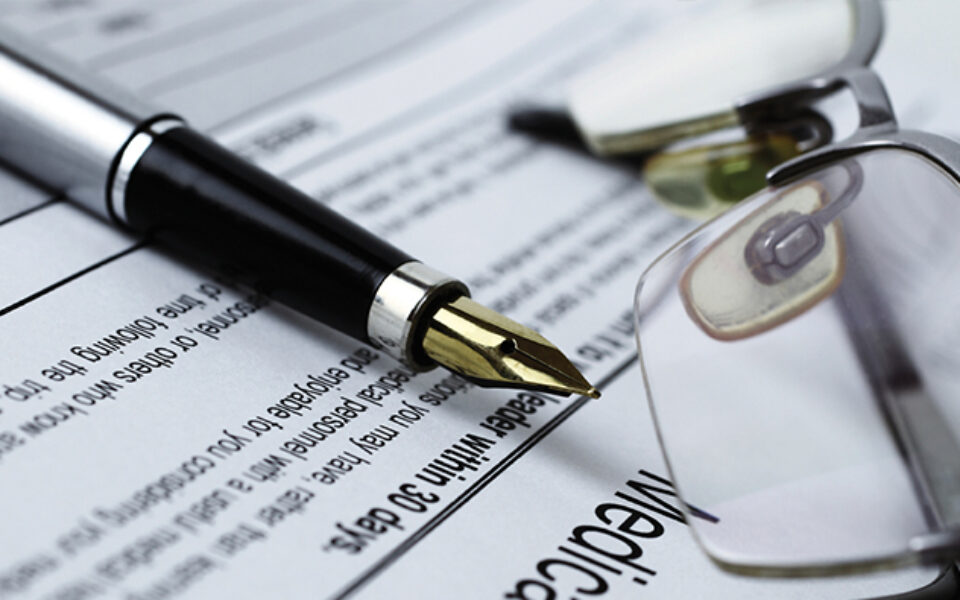
Fiscal year 2016 has barely begun and the draft for Minimum Data Set (MDS) v1.14.0 is already posted. Normally, this would not be discussed so early in the fiscal year. However, the new Section GG and the concerns with the existing Section G, suggest that it be explored now.
Due to the Improving Medicare Post-Acute Care Transformation Act of 2014 (the IMPACT Act), standardized data must be submitted for the exchange of valuable information between the various long-term care providers.
The posted draft has numerous changes to Sections A, G, including an entire new Section GG, and changes and additions to Section S.
Although this version is still in draft form, and may go through additional metamorphoses any number of times, the general intent and impact is evident. In order to enable SNF providers to properly schedule education for their direct staff and ensure that the changes on October 1, 2016 will be a smooth transition, this article will discuss the specifics of Section GG.
There are no changes in Section G, which will remain exactly the same as it has been for several years. The definitions and coding requirements are identical to the previous versions.
However, with the introduction of Section GG, there are similar activities of daily living (ADLs), but with different definitions. It is already difficult for the direct care staff to document at point of care with accuracy; now there is another set of definitions for the same or similar ADLs that also have to be coded accurately. In addition, this coding has different timelines for completion: at the start of the SNF PPS stay, with an assessment period of days 1-3, and at the end of the SNF PPS stay upon discharge.
Section GG is coined the “Self Care” item. It does not have the separate coding for self-performance and support as are used to in Section G:rather the admission performance and discharge goal coding is combined with amount of assistance needed.
There are only 6 possible codes that are based on the amount of assistance that may be needed with an individual; use of assistive devices has no impact on completion.These are somewhat different than those for Section G.
- 06. Independent
Resident completes the activity by him/herself with no assistance from a helper. - 05. Setup or clean-up assistance
Helper SETS UP or CLEANS UP; resident completes activity. Helper assists only prior to or following the activity. - 04. Supervision or touching assistance
Helper provides VERBAL CUES or TOUCHING/STEADYING assistance as resident completes activity. Assistance may be provided throughout the activity or intermittently. - 03. Partial/moderate assistance
Helper does LESS THAN HALF the effort. Helper lifts, holds, or supports trunk or limbs, but provides less than half the effort. - 02. Substantial/maximal assistance
Helper does MORE THAN HALF the effort. Helper lifts or holds trunk or limbs and provides more than half the effort. - 01. Dependent
Helper does ALL of the effort. Resident does none of the effort to complete the activity. Or, the assistance of 2 or more helpers is required for the resident to complete the activity.
If activity was not attempted, code reason:
- 07. Resident refused.
- 09. Not applicable.
- 88. Not attempted due to medical condition or safety concerns.
| The ADLs used in Section GG are also slightly different than those in Section G: | |
| Eating | Does the resident walk? |
| Oral hygiene | Walk 50 feet with two turns |
| Toileting hygiene | Walk 150 feet |
| Sit to lying | Does the resident use a wheelchair/scooter? |
| Lying to sitting on side of bed | Wheel 50 feet with two turns |
| Sit to stand | Indicate the type of wheelchair/scooter used |
| Chair/bed-to-chair transfer | Wheel 150 feet |
| Toilet transfer | Indicate the type of wheelchair/scooter used |
As you can see, a different set of tracking forms will need to be developed; training on the specific tasks rather than the “total” ADL will have to be understood; documentation needs are different; and oversight to ensure the proper timelines are maintained will have to be developed. Now is the time to explore who to accomplish each of these tasks.
The entire MDS v1.14.0 may be reviewed at https://www.cms.gov/medicare/quality-initiatives-patient-assessment-instruments/nursinghomequalityinits/nhqimds30technicalinformation.html under the Downloads section.
If you have any further questions about the MDS Updates or would like to schedule training for your direct care team with one of our clinical specialists, please contact a member of our Healthcare Team at 847-282-6300.
Information contained herein is accurate at the time of publication. We recommend that you consult with your Marcum advisor before implementing any action.


















